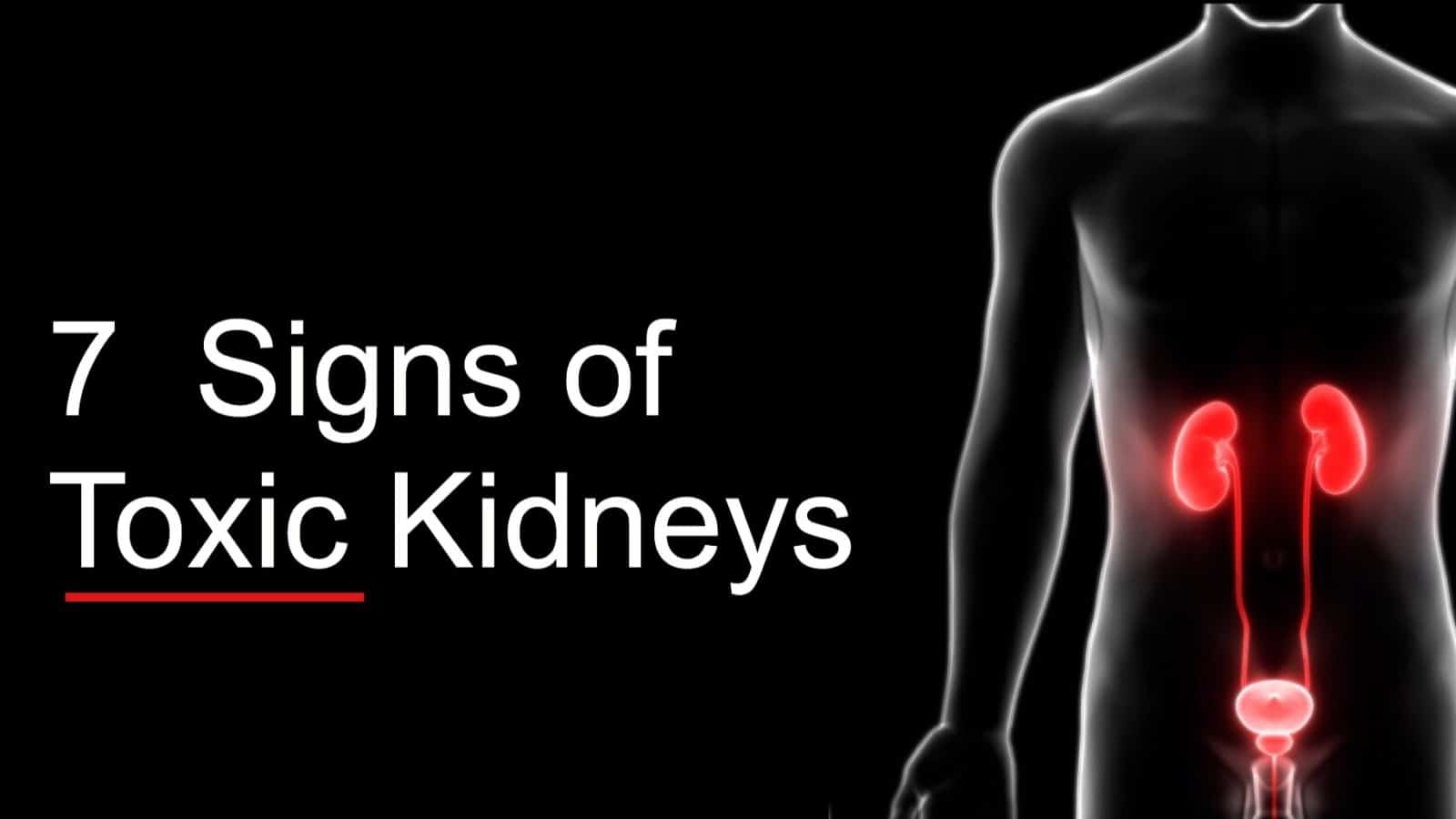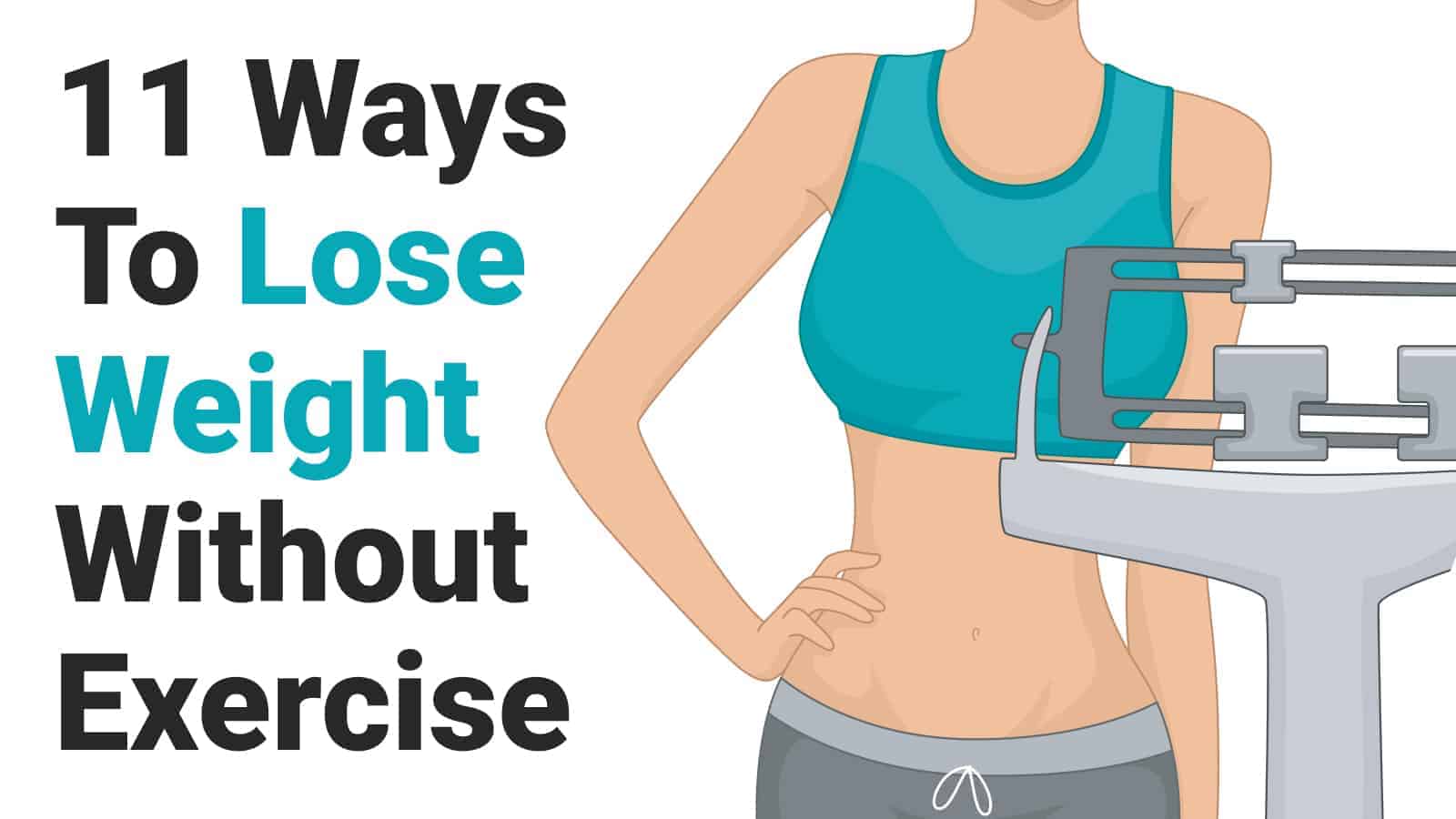Our kidneys are always at work. Day and night, they help eliminate toxins and waste products from the body. In addition to the key roles that kidneys plan in toxin and waste removal, they are also responsible for:
- Regulating the amount of fluid within the body
- Maintaining internal homeostasis (balance) is crucial to the health
- Creating urine from by-products
Numerous kidney conditions affect different areas of the organ. Most situations do not impact the whole kidney and its structure. Instead, most disorders stem from problems with the renal artery and renal vein (the blood vessels to and from the kidney), tissues within the kidney, or the ureter, responsible for transferring urine from the kidney to the bladder.
Kidney disorders are unique in that their symptoms are very similar, if not the same. Here, we discuss the seven most common symptoms of kidney disorder.
Let’s go!
7 Signs of Unhealthy Kidneys
1. Irregular urine odor
Urine odor can vary from person to person. Much of this has to do with someone’s diet, level of hydration, physical activity level, or the temperature in their environment.
Most people have a sort of “musty ammonia odor” due to the trace amounts of urea in their urine. (Urea is an organic element essential to the process of urination.)
If a kidney malfunction is present, it’s common for urine to give off either a fishy or sweet smell. A change in urine odor can also occur from diabetes, liver disease, and even certain supplements.
2. Changes in urine color
In a healthy person, urine will have a pale yellow hue. Those who drink a lot of water may have lighter-colored or clear urine, both of which are normal. Dehydration may produce a dark yellow color, which is not necessarily dangerous but should remind you to drink more fluids.
Urine that is brown, black, orange, pink, or red is abnormal and could signal an underlying disorder or disease. Blood in the urine (hematuria) produces red to pink-colored urine – and should prompt us to visit a doctor to rule out a serious condition.
3. Visible changes in urine
Urine is composed of approximately 95 percent water. The other 5 percent are a mix of minerals, metabolized drugs, and other substances. The high water concentration usually produces clear to dark yellow urine depending on hydration levels.
When there are visible changes, such as pus or froth in urine, it is necessary to have a check-up. Excess protein in the urine may also signify a problem, but it isn’t always visible. Pus or saliva in the urine may result from an underlying infection.
4. Pain in the abdominal area
As the kidneys are situated in the abdominal cavity, wherein many other organs lie, it can be challenging to pinpoint the source of pain without a doctor’s help. However, kidney pain tends to be located around the edges of the abdomen and the back.
Despite popular belief, a burning sensation while urinating is usually not a kidney problem. Instead, it’s more likely to be a urinary tract infection or UTI. Of course, a UTI necessitates medical intervention and treatment.
5. Urine frequency
Typically, a healthy person will pass from approximately 16 to 100 ounces of water, depending on the water consumed. (It’s considered beneficial to be in the sixty to the hundred-ounce range.)
Kidney problems can produce excess or shortage of urine expelled. An oliguria condition will cause a person to make less than the average amount of urine. Polyuria is when a person expels more than 100 ounces of water daily. Again, water intake has a lot to do this. But sudden changes in urine frequency without altering fluid intake may cause concern.
6. Swelling, nausea, and shortness of breath
Swelling, especially of the legs, may surface as the kidneys cannot expel the average amounts of urine. This condition is more broadly described as “water retention.” Shortness of breath may occur as the blood’s pH levels are erratic, which burdens the respiratory system more. Nausea (a comprehensive symptom) may surface as byproducts accumulate in the bloodstream.
7. Other symptoms
As with many other vital organs, the kidney can produce seemingly unrelated symptoms. Some symptoms reported by medical professionals upon diagnosing a kidney condition include confusion, headaches, fatigue, muscle cramps, seizure, and skin discoloration.
Prevention and treatment
It is also important to mention that certain racial and ethnic groups are at a higher risk for kidney failure than others. Compared to Caucasians, the rate for African-Americans is nearly four times higher; Native Americans and Hispanics, 1.5 times higher, and Asians at 1.4 times higher.
The two most common causes of kidney disease are diabetes (approx. 44%) and high blood pressure (28%). Per kidney.org, the top five ways to protect your kidneys are:
- Eating healthier foods and having a well-balanced diet
- Limiting salt and caffeine intake
- Prioritizing rest (not overworking)
- Regular exercise
- Reduction of sugar and fat intake
Reducing stress whenever possible is the best preventative measure you can take, not just for preventing kidney disease but nearly every other adverse health condition.
Urinary strip tests may be purchased at certain pharmacies. Self-screening is a good idea to rule out the more severe kidney conditions, but it is still advisable to seek a professional opinion.
Treatment depends on whether the condition is acute (short-term) or chronic. A critical kidney condition may be due to many things, and a doctor must order tests to determine the appropriate treatment. Provided treatment is administered correctly. The recovery rate is high.
Chronic kidney conditions generally require dialysis or a transplant. Again, the earlier the situation is discovered, the better.
It is vital to have a comprehensive physical done every year. If you should identify with any of the above-mentioned symptoms, please seek the advice of a medical professional.
10 Ways to Have Healthier Kidneys
If you hope to avoid these issues later in life, make these healthy lifestyle choices.
1. Control your blood pressure
One of the best ways to have healthier kidneys is to control your blood pressure. Normalize your blood pressure with a healthy lifestyle that includes staying physically active and eating well for your heart foods. Heart-healthy foods include foods such:
- Avocados
- Beans
- Berries
- Dark chocolate
- Fatty fish
- Fish oil
- Leafy greens: Mustard greens, Swiss chard, kale, collard greens, and spinach
- Walnuts
- Whole grains
2. Stay physically active
Exercise lowers your risk of developing unhealthy kidneys. It helps avoid heart disease and high blood pressure, both significant contributors to sick kidneys and related problems. Staying active also enables you to control your cholesterol. Evidence shows that exercising and limiting a sedentary lifestyle leads to healthier, better-functioning kidneys. Choose activities that keep you moving, such as:
- Aerobic exercising
Biking-indoors or outdoors - Dancing
- Swimming
- Skiing
- Walking
3. Eat a healthful diet
A healthy or salubrious diet includes consuming natural foods instead of processed foods. Choose fresh vegetables and healthy fruits, whole grains, and lean meats. Try low-fat or fat-free dairy products. Avoid fast foods which are loaded with sugar and fat. Try swapping out unhealthy ingredients in your recipes for healthier choices. Some simple healthy food swaps include these:
- Swap out your white potatoes for sweet potatoes
- Eat rye bread instead of white bread
- Choose brown rice rather than white rice
- Choose olive oil with balsamic vinegar and spices instead of store-bought salad dressing
- Use Greek dressing instead of sour cream
- Eat frozen grapes instead of popsicles
4. Get screened regularly
If you have a family history of similar problems, get screened regularly for kidney disease. Screening involves a urine test to look for damage. You may need a blood test to gauge how well your kidneys work—the urine test checks for albumin, a protein. The blood test looks for GFR, and glomerular filtration rate, which checks how well your kidneys filter. Also, if your family history involves heart disease, you need to get checked out because heart disease and kidney disease go hand in hand.
5. Manage your diabetes
Kidney disease develops slowly with few to no symptoms. You can have kidney disease and not know it until it’s advanced. But if you have diabetes, you are at a high risk of kidney disease. Approximately one out of every three adults with diabetes ends up with kidney disease. Your kidneys comprise millions of tiny filters called nephrons. Diabetes damages nephrons, so they don’t work, causing damage to your kidneys.
6. Take medications properly
Anytime you take medication, there is a risk. Even over-the-counter drugs have side effects that can be harmful. Therefore, it’s essential to take any medication properly. Here are the medicines that can be harmful to your kidneys.
- Pain meds: Pain medications such as naproxen sodium, ibuprofen, and aspirin can cause damage if misused. Many people have unknowingly damaged their kidneys from overmedicating with these drugs. Never take more than the recommended daily dose of these medications. If you want healthier kidneys, find other ways to deal with your pain, such as
- Acupuncture
- Biofeedback
- Chiropractic adjustments
- Massage
- Herbal remedies
- Antibiotics are prescription drugs, but they can still damage your kidneys if taken improperly. Some countries have over-the-counter antibiotics. Never buy online antibiotic drugs. They may contain ingredients that have harmful side effects on your kidneys.
- Prescription laxatives: Typically, over-the-counter laxatives are okay, but prescription laxatives can harm your kidneys. These laxatives use sodium phosphate crystal deposition, which may cause a sudden loss of kidney function or injure your kidneys. This is called phosphate nephropathy.
If you must take medications, always take them as your medical provider advises to avoid damaging your kidneys.
7. Lose weight if you need to
Extra weight can harm your kidneys. Being overweight ups your risk of diabetes and hypertension. Both conditions can cause kidney disease. If you’re overweight, here are some ways to reduce your risk of kidney disease.
- Make some lifestyle changes: Start exercising and control your portion sizes.
- Control your blood sugar to avoid diabetes.
- Control your blood pressure.
- Figure out your Body Mass Index (BMI). A normal BMI should be around 18 to 25. If your BMI is 25 to 30, you’re overweight, and if your BMI is over 30, you’re obese. Try to lose weight and exercise to gain muscle, healthier than fat.
8. Curb your alcohol
Alcohol upsets the function of your kidneys, so they can’t filter as well. It also lessens your body’s ability to regulate fluids and electrolytes. Alcohol is dehydrating, and that affects your kidneys.
9. Suspend your smoking
Both smoking and secondhand smoke put you at risk for cardiovascular disease, which harms your body’s veins and arteries. This directly affects your kidney’s ability to filter your blood. Smoking can damage your kidneys in several ways, including:
- Reduced blood flow to your kidneys
- Narrowing of your blood vessels, including the blood vessels in your kidneys
- Arteriosclerosis is the thickening of your arteries, including your kidneys
The CDC says that if you have kidney disease when you quit smoking, it can slow its progression.
10. Drink plenty of fluids
If possible, drink at least a liter and a half of daily water. But you may need to drink more water during the summer. Some health conditions also require that you drink more water. Other factors that affect how much water you drink include:
- Gender
- If you’re pregnant
- Breastfeeding
- Hot climates
Water helps clear out the sodium and toxins from your kidneys. When you drink plenty of fluids, you will have healthier kidneys. If you’ve had kidney stones, drinking lots of water to flush out your kidneys is essential.
Final Thoughts on Toxic Kidneys and How to Improve Them
Your kidneys work day and night to eliminate toxins and waste from your body. These vital organs are worth protecting. Keep an eye out for signs of poor health. Of course, this damage can occur with few to no symptoms, so keeping them healthy is critical. Keeping your weight down, limiting your alcohol consumption, following medication instructions, and suspending smoking are ways to have healthier organs.





















